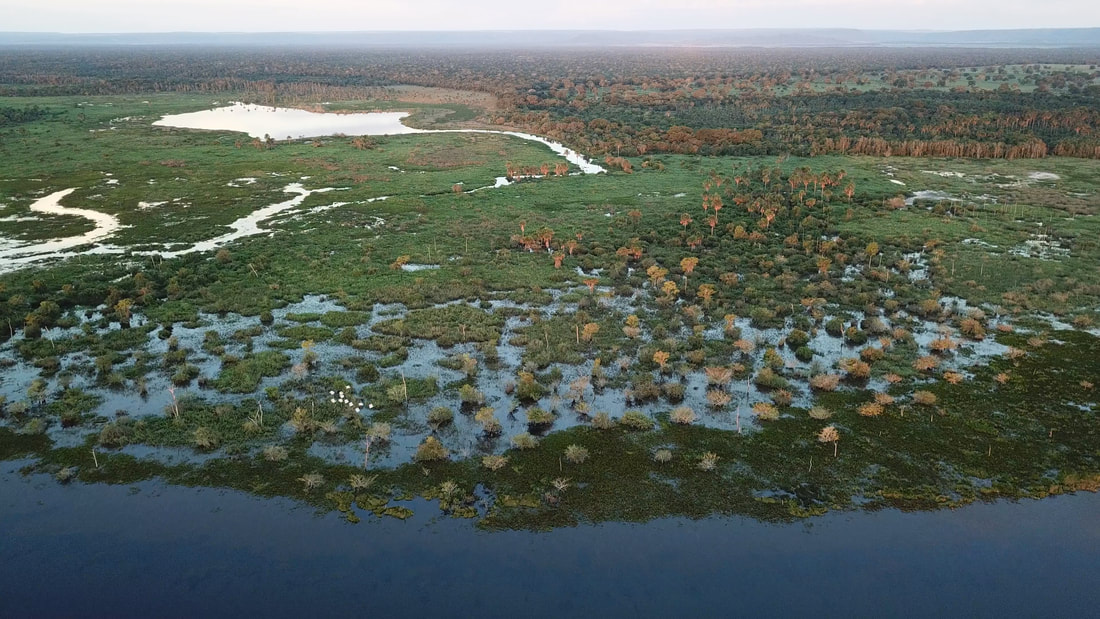|
By: N. Elmôr On the 21st of July, the most devastating fires began in Brazil’s Pantanal region- the world’s most extensive tropical wetlands. Authorities have confirmed that this is the worst situation of fires that the area has faced since 1999. More than one million hectares have been scorched by fires (this is equivalent to 10 times the size of São Paulo and Rio de Janeiro combined) and consequently, 10% (150,000 km2) of Brazil’s most important biomes have been destroyed. The implications of these fires are unmeasurable.
At the end of July, the government of Mato Grosso do Sul declared the situation an environmental emergency and requested the aid of the federal government. According to INPE, 12%, of the fauna and flora in the region has been lost so far, and the fires have even reached Bolivia, Brazil’s neighbouring country. Another major problem has been the smoke and soot which has spread all over both Mato Grosso, and Mato Grosso do Sul, including the metropolitan region of Cuiabá. At present, approximately 80 vehicles and 600 personnel from Ibama and ICMbio’s brigade are working in the area in an attempt to get the situation under control. The fires were started by humans and exacerbated by the worst drought the region has seen in almost 50 years. Some of the fires started by humans were unintentional while others were done so illegally in order to clear an area of vegetation to create pasture land. This ‘improper’ use of the fire is prohibited; however, it has been a prevalent problem for decades now. The Pantanal is home to diverse species, including endangered species. The animals in the region have suffered tremendously. Photographs of burnt and dead animals have circulated and shocked the Brazilian population. Furthermore, the fires have also started advancing towards the Parque Estadual Encontro das Águas located near Cuiabá in Mato Grosso. This park is known for being home to the largest concentration of jaguars in the world. The armed forces began taking action on the 25th of July and this operation has become known as “Operação Pantanal”. Helicopters and aid from the marines, the army, air force and even navy have contributed to the operation. However, during this time, there has been a lot of criticism directed towards the government. The criticism was worsened when, during a conference, after being asked about the fires, the Brazilian President Jair Bolsonaro and his ministers giggled and dismissed the situation. Then, Ricardo Salles, the minister of the environment, responded that “yes the Pantanal is on fire, but the president sent ten planes there to put it out”. This situation generated public outcry, and people rightfully expressed their discontent on social media.
0 Comments
Leave a Reply. |
Categories
All
Archives
June 2024
|

